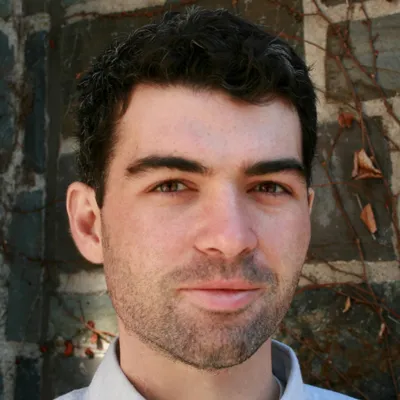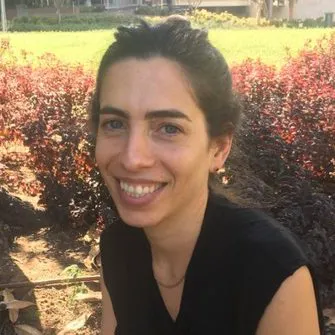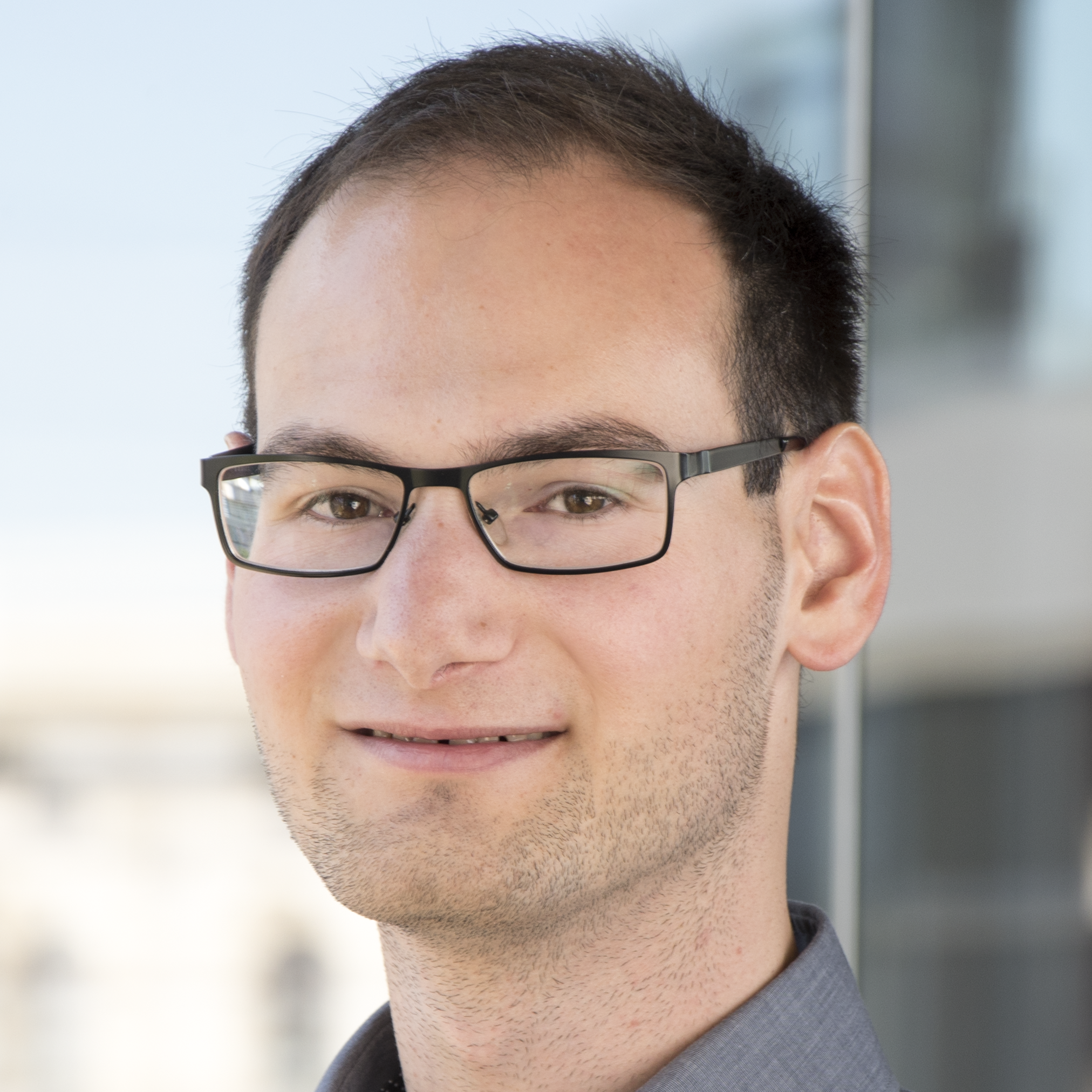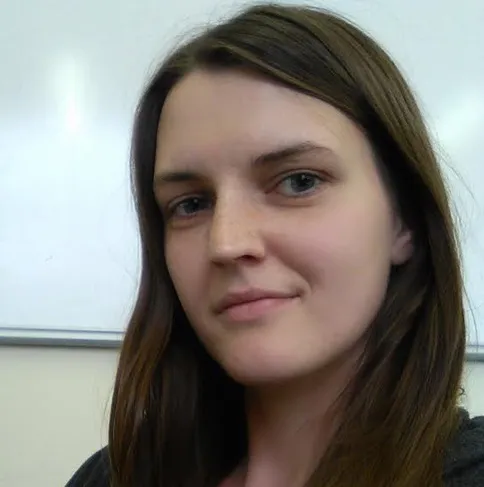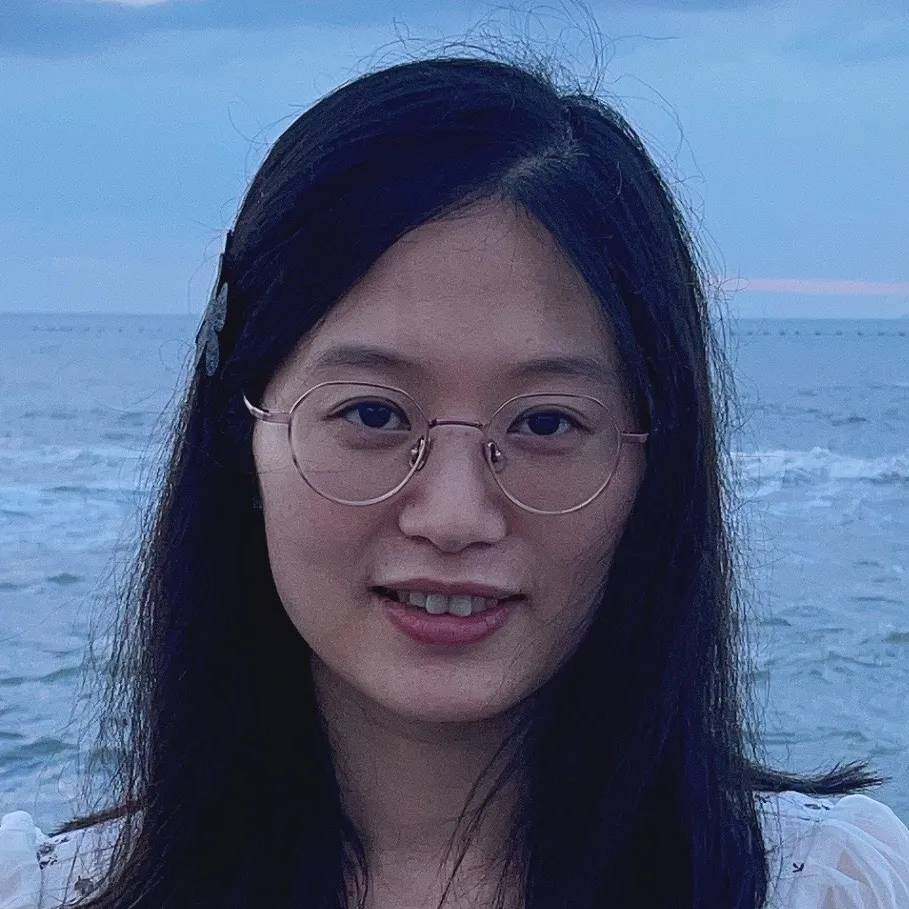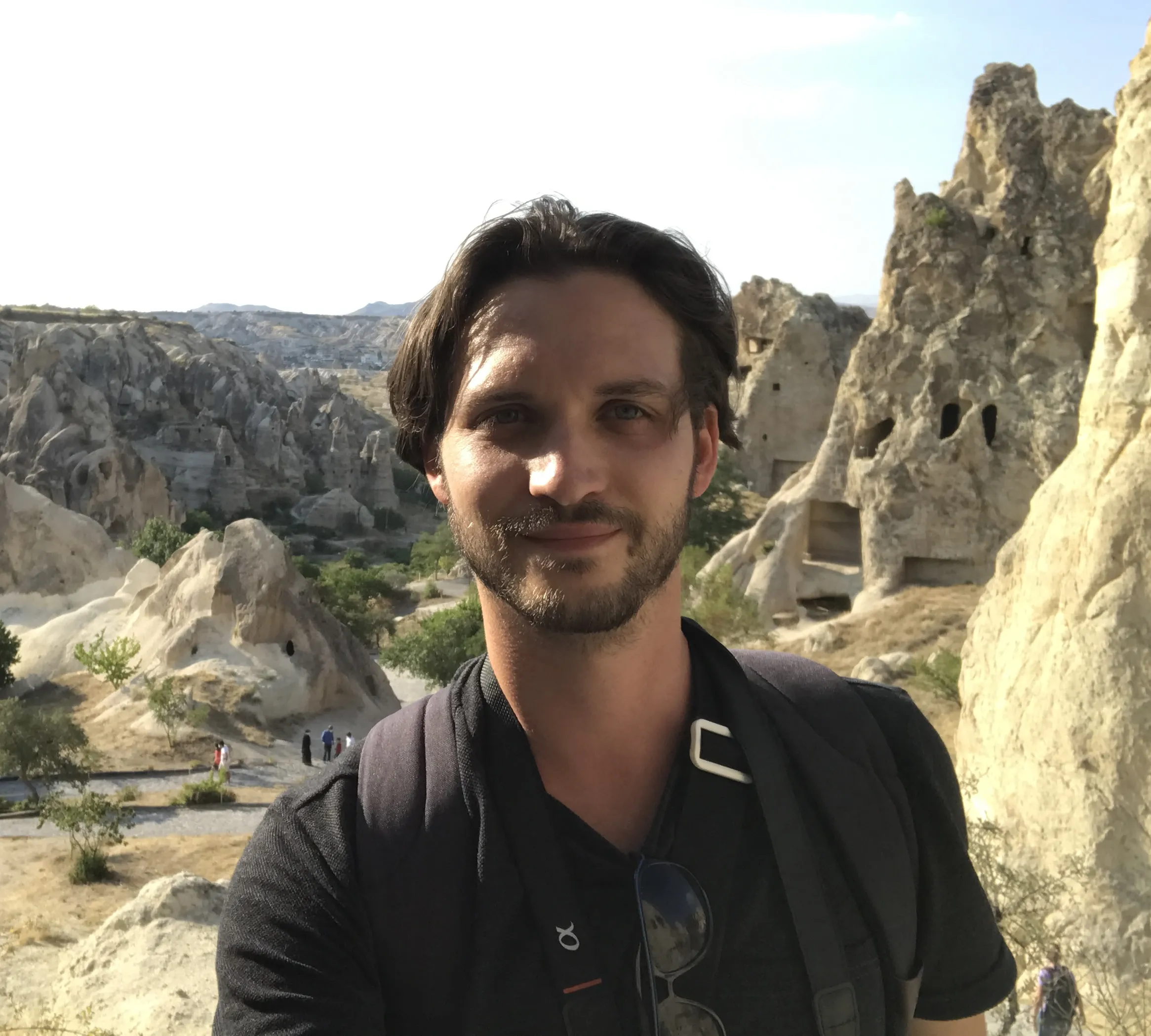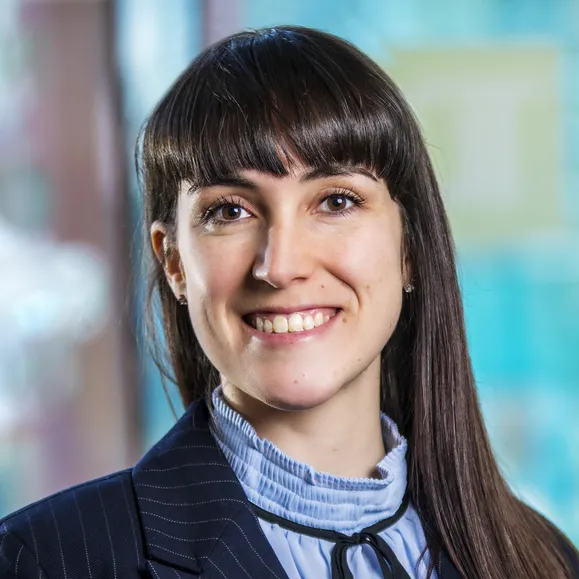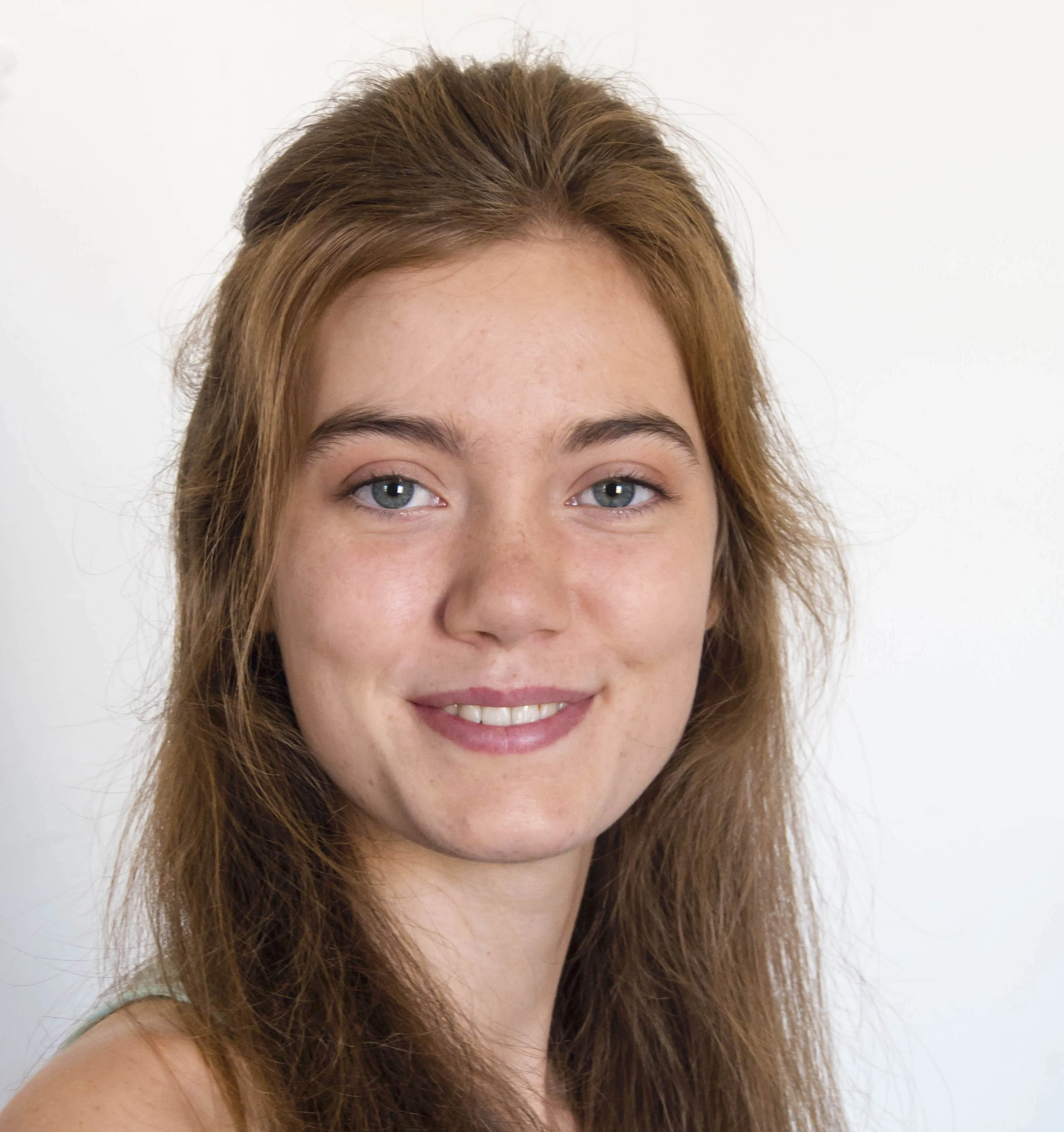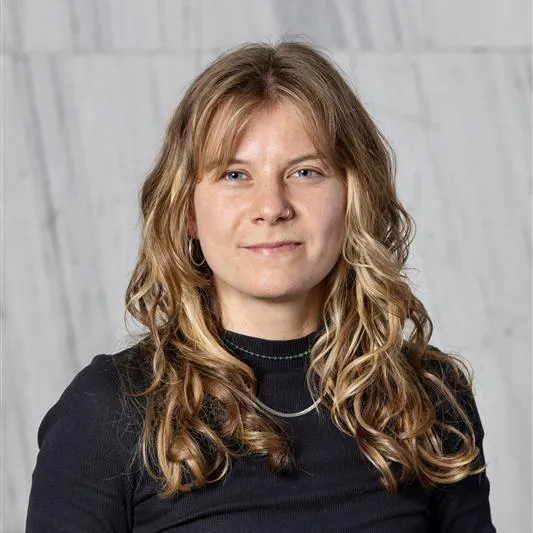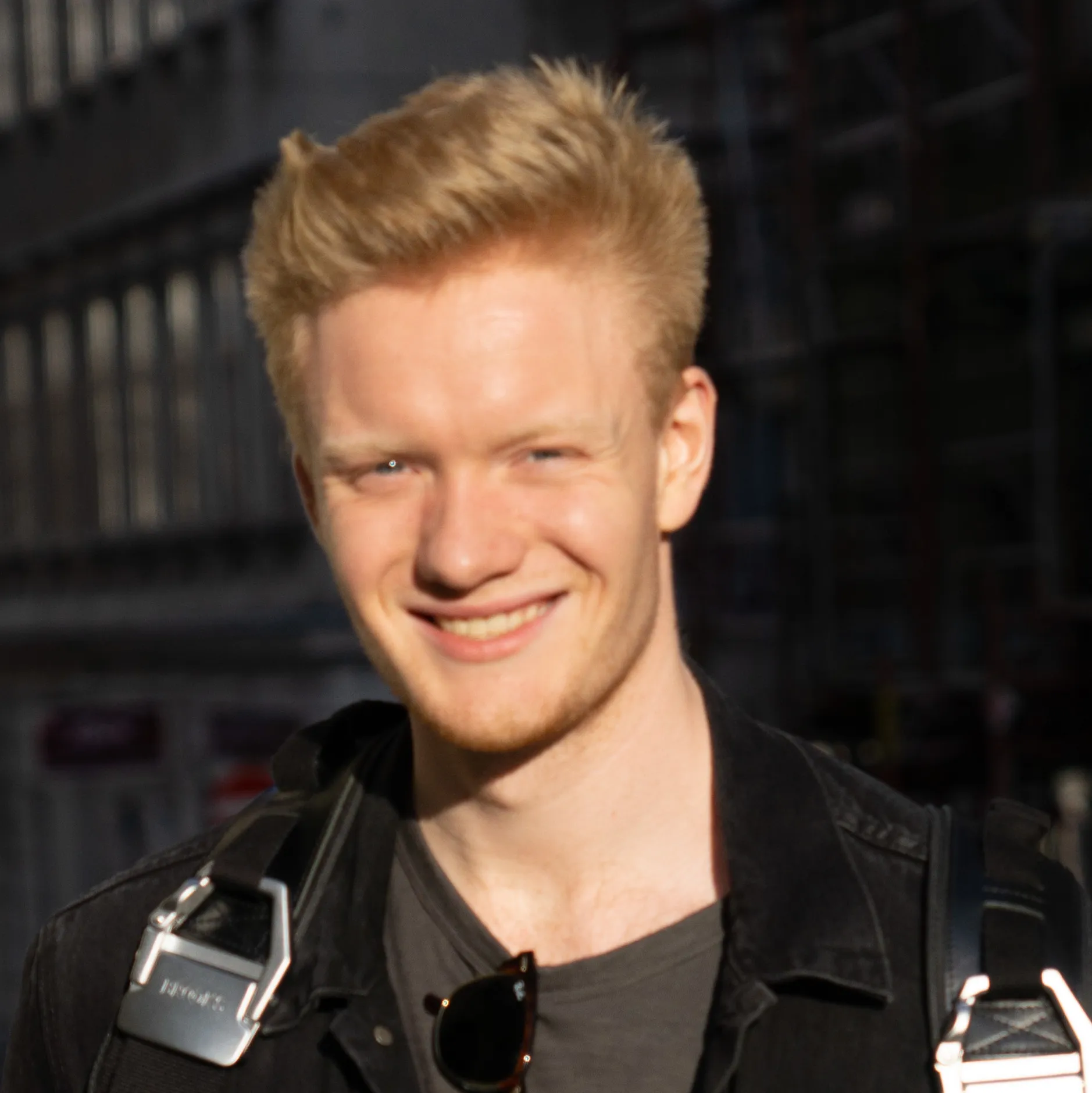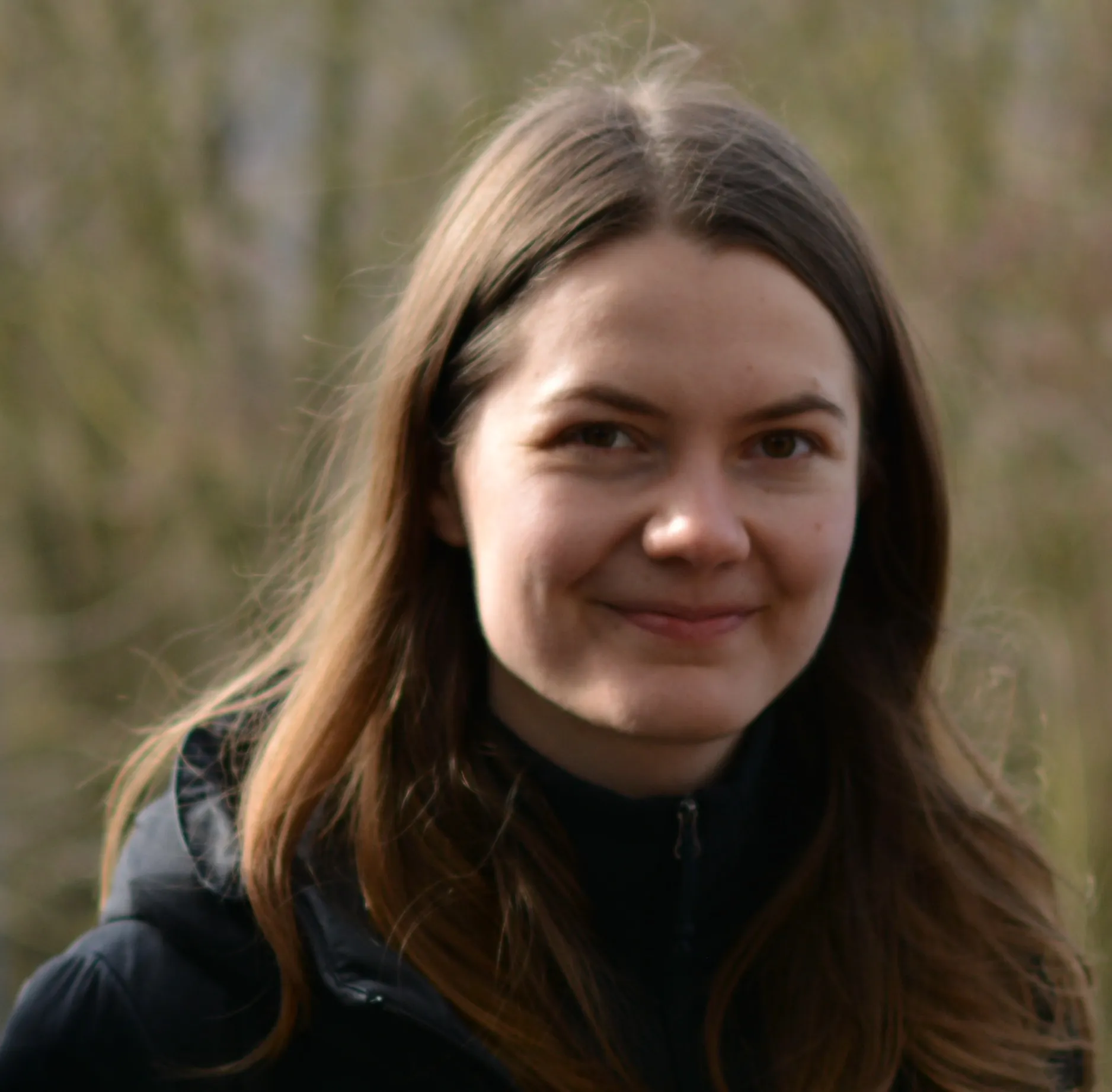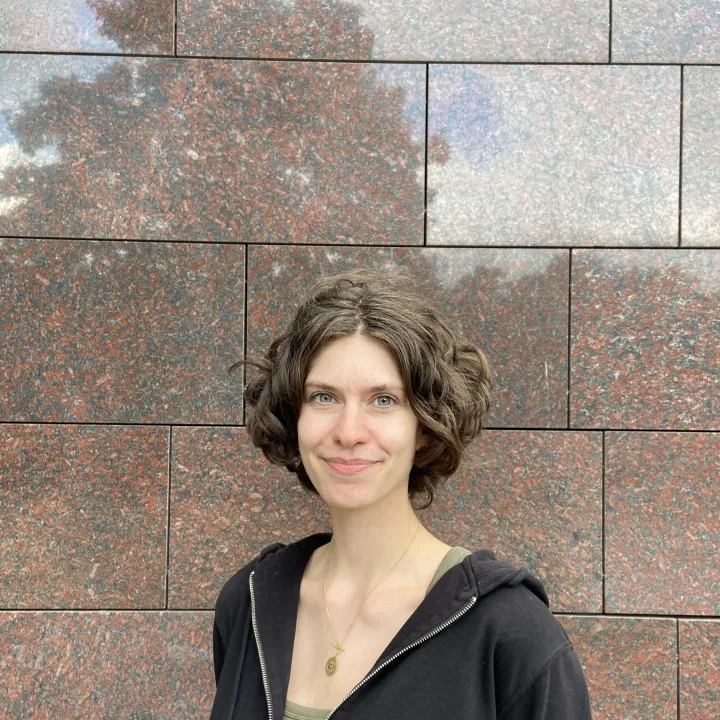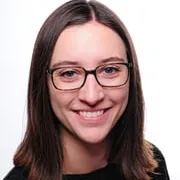We are a cognitive neuroscience lab that studies how our brain allows us to learn, remember and to make good decisions.
The lab is located at the University of Hamburg, at the Institute of Psychology.
The lab is funded by the Excellence Strategy, the European Research Council and the German Research Foundation . Below you can find more information about us and what we do.
News
| March 2025 |
Does sleeping on an idea work? In a recent Washington Post article, Nico discusses recent work led by Anika and Marit on the relation between sleep and insights. |
| Feb 2025 |
Congratulations to Lennart on winning the UHH teaching award for his course Track, organize and share your work: An introduction to Git for research! |
| Dec 2024 |
New Review: Representational spaces in orbitofrontal and ventromedial prefrontal cortex: task states, values, and beyond by Nir, Shany and Nico was published in Trends in Neuroscience. |
| Oct 2024 |
New Paper: Abrupt and spontaneous strategy switches emerge in simple regularised neural networks by Anika, Léo Touzo, Paul Muhle-Karbe, Andrew Saxe, Chris Summerfield and Nico was published in PLoS Computational Biology. |
| Oct 2024 |
We welcome Alex and Theo as new Postdocs in the lab! |
| Sep 2024 |
New Chapter: Integrative Psychological, Computational, and Mechanistic Approaches to Frontal Lobe Function by Marie T Banich, Christian Beste, Timothy Buschman, Naomi Friedman, Caterina Gratton, Etienne Koechlin, Nico, Xiao-Jing Wang and John O’Dohertyo was published in The Frontal Cortex: Organization, Networks and Function. |
| Aug 2024 |
New Paper: Influence of surprise on reinforcement learning in younger and older adults by Christoph, Ondrej, Rasmus Bruckner and Nico was published in PLoS Computational Biology. |
| Jul 2024 |
New Preprint: Replay in Human Visual Cortex is Linked to the Formation of Successor Representations and Independent of Consciousness by Lennart, Lena, Christoph and Nico was published on bioRxiv. |
| Jun 2024 |
New Preprint: N2 Sleep Inspires Insight by Anika, Marit, Maria and Nico was published on bioRxiv. |
| Jun 2024 |
New Preprint: Neural Prioritisation of Past Solutions Supports Generalisation by Sam, Momchil Tomov, Samuel J. Gershman and Nico was published on bioRxiv. |
| Feb 2024 |
New Paper: Grid-like entorhinal representation of an abstract value space during prospective decision making by Alexander Nitsch, Mona M. Garvert, Jacob S. Bellmund, Nico and Christian F. Doeller was published in Nature Communications. |
| Feb 2024 |
New Paper: Reduction of aversive learning rates in Pavlovian conditioning by angiotensin II antagonist losartan: a randomised controlled trial by Ondrej, Judith Appel, Corinna Klinge, Lorika Shkreli, Michael Browning, Katja Wiech and Andrea Reinecke was published in Biological Psychiatry. |
| Jan 2024 |
New Preprint: An inductive bias for slowly changing features in human reinforcement learning by Noa, Eric Schulz, Sam and Nico was published on bioRxiv. |
| Dec 2023 |
New Paper: Respiration modulates sleep oscillations and memory reactivation in humans by Thomas Schreiner, Marit, Tobias Staudigl and Bernhard Staresina was published on Nature Communications. |
Research
Whenever we play chess, plan a vacation, or cook a meal, we are using past experience to inform our decisions.
Our research group seeks to understand how the brain can generate such flexible behavior by extracting and reusing information from memory to predict future outcomes. To do so, we conduct behavioral and neuroimaging studies and employ machine learning algorithms and computational models of reinforcement learning. Specifically, these are our key research areas:
Orbitofrontal cortex and the representation of task states
Predictions derived from reinforcement learning theory regarding prediction error and value signals have found much support in neuroscientific data. But what about the elusive state representations that are necessary for reinforcement learning algorithms? Is there a neural counterpart of these states? Our lab investigates the nature and potential neural basis of these task state representations, see for instance Schuck et al., 2016, Neuron or Schuck et al., 2017.The role of hippocampal replay in decision making
Fast sequences of neural activation patterns in the hippocampus have been linked to the 'replay' of previous spatial experiences. We investigate how such fast neural events can be detected with fMRI in humans and what their role is in decision making and creating a cognitive map of the current task, see Schuck & Niv, 2019, Science, Wittkuhn & Schuck, 2021, Nature Communications and Wittkuhn, Chien, Hall-McMaster & Schuck, 2021, Neuroscience and Behavioural Reviews.Influence of task irrelevant information on decision making
When we make a decision, we really should only focus on the few aspects that seem relevant. But we often fail to do that, for better or worse (getting distracted vs. thinking outside the box). Our lab therefore investigates the effects of task irrelevant information in decision making, see Schuck et al., 2015, Neuron and Schuck et al., 2022, PLoS ONE.How aging, genes and disease affect (spatial) memory & learning
Age and DNA have widespread effects on our brain as well as our cognitive abilities. Our lab investigates specific links between changes in neural representations associated with age and genotype, and cognitive changes. For instance, in Schuck et al., 2015, NeuroImage, we have investigated how well spatial boundaries are represented in the brain and how spatial navigation is related to this neural function. In Koch et al., 2020, Neuropsychologia and Koch et al., 2022, NeuroImage we compared older and younger adults to see how precise the aging brain can processes walking direction. In other papers we have investigated how genetic factors and disease influence our memory, see Schuck et al., 2018, Neurobiology of Aging and Thurm et al., 2016, Neurobiology of Aging.Recent Publication Highlights
Here you can find the recent publications from our lab. For the full list, including links to data and code, please click on "Show All Papers".
Public Engagement
| Oct 2022 |
The lab hosted two high school student interns for two weeks. We hope you grow to be great scientists, Luna and Louisa! |
| Aug 2022 |
An article on the paper Spontaneous discovery of novel task solutions in children (Schuck et al., PLoS ONE, 2022) is available on Toutiao [Chinese]. |
| July 2022 |
Marit was interviewed by the radio station "Radio EINS" for the Lange Nacht der Wissenschaften. You can listen to the emission here [German] . |
| July 2021 |
Nico spoke on the coffee talk series of the DWIH Tokyo. You can watch the video in English and Japanese . |
| June 2021 |
Anika gave a talk for the annual meeting of the Alexander von Humboldt foundation. |
| May 2021 |
Nico spoke on a podcast with the young science reporters from Wissenschaftsreporter about learning in the brain, replay and why he wasn't a good student in Latin [German]. |
| Feb 2021 |
Nico gave an interview for the TU Wien on visions, needs and requirements for (future) research environments. |
| July 2019 |
Several articles and interviews on the paper Sequential replay of nonspatial task states in the human hippocampus (Schuck & Niv, Science, 2019) are now available on Altmetric. |
Team
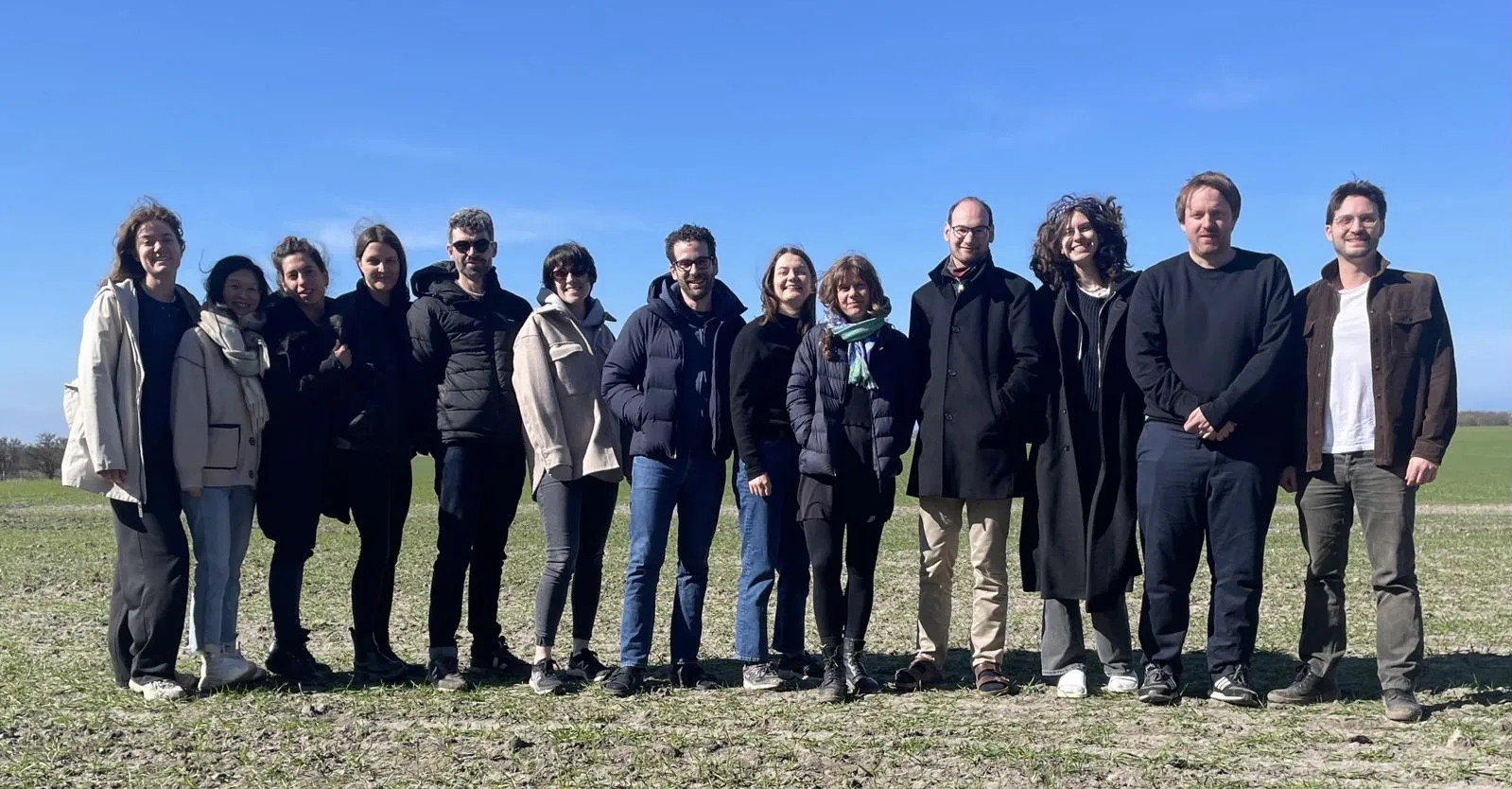
Nico wants to understand the neural mechanisms of learning and decision making, and tries to lift these secrets using brain imaging techniques in humans. He studied psychology at Humboldt University, later had an affair with Machine Learning at University of Toronto, and did his PhD on cognitive brain aging at the MPI for Human Development. After a postdoc at the Princeton Neuroscience Institute, he started his own research group at MPI Berlin. Outside of the lab he is devoted to his family, running, the sun, good company, and the hope that humans will not destroy the planet earth.
Shany is interested in understanding how task representations are formed in the brain while learning a new task, and how can they be repurposed for solving new tasks. To do so, she uses fMRI, behavioral measurements and neural networks simulations. She completed her PhD at the Weizmann Institute in Israel, studying the visual system using fMRI and intrcranial EEG.
Alex is interested in understanding the brain mechanisms that enable memory-guided decision making and how these are affected in clinical conditions such as psychiatric disorders. To this end, he combines fMRI with computational modeling. Alex completed his PhD at the Max Planck Institute for Human Cognitive and Brain Sciences in Leipzig. Outside the lab, he enjoys reading a good book, cycling and cooking.
Marit is interested in understanding the brain mechanisms underlying sleep-dependent memory consolidation. What happens in the sleeping brain when newly made experiences become long lasting memories? During her PhD at the University of Birmingham, she has started to address this question and follows up on it now by investigating replay during sleep using fMRI and electrophysiology. Apart from science, she enjoys electronic music, bouldering, and everything that involves wind and a kite.
Xiangjuan (祥娟) is eager to understand how the human brain enables learning, represents abstract concepts, and uses what it has learned to make subsequent decisions. To address these questions, she combines neuroimaging and computational modeling. She got her PhD degree and first training of postdoc in Peking University. Now she will open a new scientific journey to study the age-related effects on the occurrence and distribution of replay. Outside the lab, she likes drawing pencil sketch, theatre, stroll and absence of mind.
Theo is interested in the neural mechanisms underlying beliefs and uncertainty during reinforcement learning. His work combines fMRI and computational modeling to study hidden states and value signals in the medial prefrontal cortex and other brain regions. Previously, he completed his PhD at the Max Planck Institute for Human Cognitive and Brain Sciences in Leipzig. Outside the lab, Theo enjoys hiking, cycling, city trips, board games, engaging books and conversations.
Alexa’s research revolves around understanding how the brain creates and maintains abstract representations of cognitive and decision-making tasks and why these abilities change during healthy aging. She did her PhD at Concordia University in Montreal, Canada where she began to examine these research questions using EEG and computational modeling. Moving forward, Alexa is eager to apply fMRI and combined approaches to examine human representational abilities. Outside the lab, you can find her at the nearest yoga studio, reading a book in the park or baking for family and friends.
Before joining the lab as an ECN PhD student, Noa completed her Masters in Neuroscience at the Berlin School of Mind and Brain. Her interests lie in how artificial and biological neural systems can inform each other about learning and decision-making. Away from her laptop she can mostly be found tap dancing, reading or enjoying a nice cup of tea.
Elsa is fascinated by the brain’s ability to store and recall distinct memories and by how little we know about the underlying processes. Her research focuses on how memory traces transform from encoding through retrieval to early consolidation. Before joining the lab, she completed a master’s in Neurobiology at University of Leipzig. Beyond science, she is interested in literature and politics, enjoys hiking, cultural events, her friends and would prefer having eight days a week.
Fabian’s interests center around replay, representations (what they are and how they come about?), and the overarching question how cognition and the brain relate to one another. Before joining the group as a PhD student, he studied psychology and cognitive science. Outside the lab he can be found on a basketball court or the ever ongoing search for delicious food and the perfect cup of coffee.
Before joining the lab as a LIFE doctoral fellow, Luianta completed her Master’s in Psychology at Humboldt-Universität zu Berlin, specialising in Neurocognitive Psychology. She is currently training as a psychotherapist and is interested in using computational approaches to understand mental health. Outside the lab you can find her hiking, reading a good book or walking her dog Pablo.
Neele is eager to learn and remember how we learn and remember. Her interests lie in how predictions of future events interplay with our memory and how our brain works in complex environments. Before joining the lab as a PhD student, she finished her Master's in Cognitive Neuroscience at FU Berlin. Apart from science, Neele spends her time dancing, climbing, reading, drinking coffee and documenting it all with her film camera.
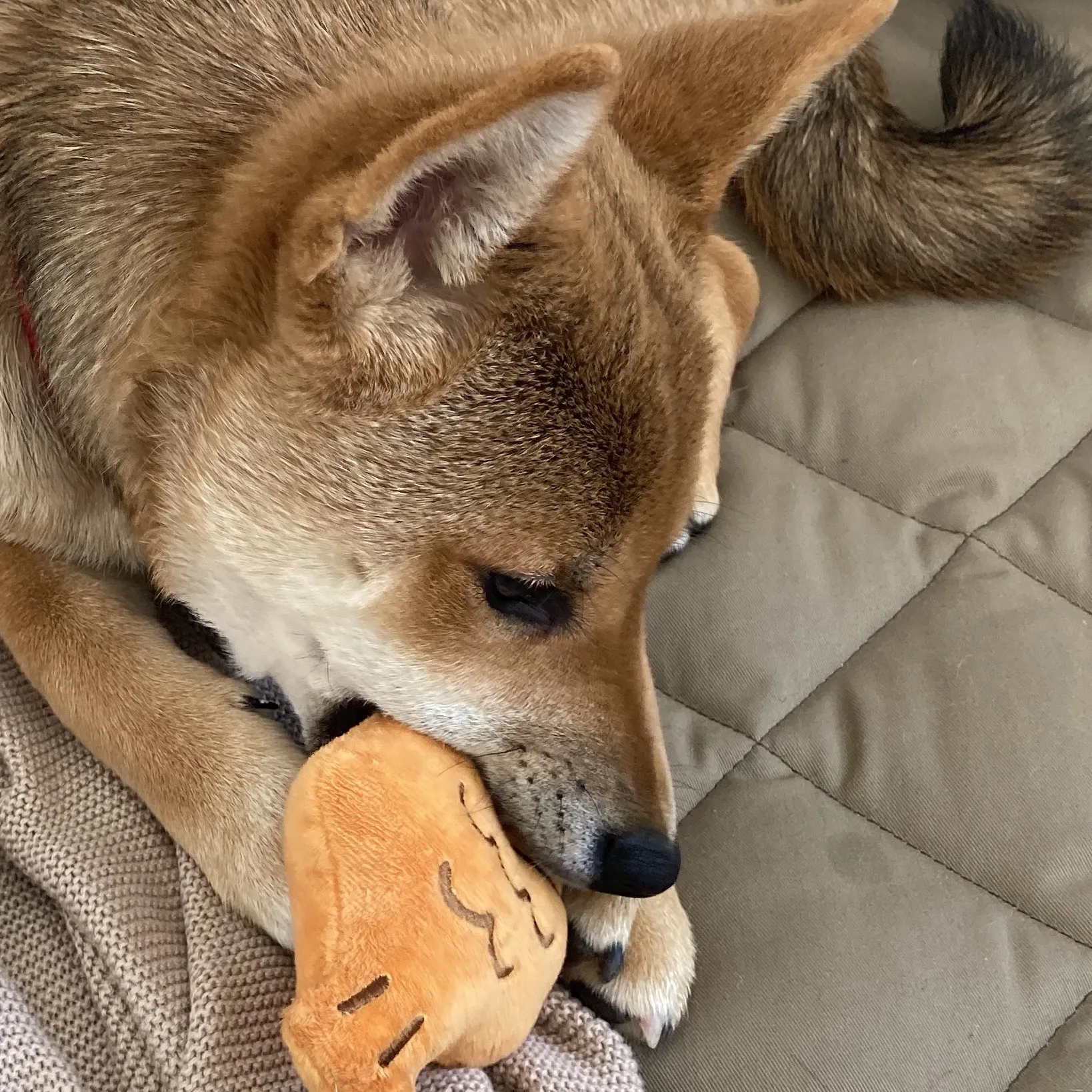
Pablo
Lab Dog
Pablo is very interested in positive reinforcement and tries to get a hang of how to reduce uncertainty when searching for treats. He mainly does this in a sleep context. Reach out for collaborations, he is always happy to distract you while working.
Alumni
Postdocs
Lennart Wittkuhn (now Senior Specialist at PD)Ondrej Zika (now Postdoc at the Månsson lab, Karolinska Institutet)
Sam Hall-McMaster (now Postdoc at the Gershman lab, Harvard University)
Samson Chien (now Data Scientist)
Karolina Finc (Visiting Postdoc, now Assistant Professor at University of Torun)
PhDs
Anika Löwe (now Postdoc at the Schönauer lab, Freiburg University)Nir Moneta (now Postdoc at the Summerfield lab, Oxford)
Christoph Koch (now Data Scientist)
Lennart Wittkuhn (now Postdoc at University of Hamburg)
Students and Research Assistants
Colleen DollstJustus Reihs
Reza Hakimazar
Moritz Bammel (now doing Masters in Philosophy at FU Berlin)
Sudeshna Bora (now Software Engineer)
Lydia Brundisch (now doing PhD with Markus Werkle-Bergner at MPIB)
Lena Krippner (now doing teaching level Masters in Physics and Philosophy)
Amanda Meira Lins (now doing Master thesis at Learning Lab at FU Berlin)
Konrad Pagenstedt (now Msc in Psychology at UHH)
Leonardo Pettini (now doing PhD with Christian Doeller and John-Dylan Haynes at the Max Planck School of Cognition)
Marta Radzikowska (Research Intern from University of Amsterdam)
Verena Sarrazin (now Postdoctoral Research Assistant at University of Oxford)
Lion Schulz (now doing PhD with Peter Dayan at MPI for Biological Cybernetics)
Maria Tzegka (now doing her Masters thesis at Humboldt University)
Kateryna Yasynska (now Psychologist)
Join
General information
The Schuck Lab is strongly committed to creating an inclusive work environment by promoting equity and diversity. Our goal is to provide equal opportunities for all - regardless of race, ethnicity and national origin, gender and gender identity, sexuality, class and religion - but not limited to those categories. We therefore actively welcome applications from diverse backgrounds and we value the richness that diversity brings to the scientific community.We currently have no open positions for interns. If you are a postdoc with relevant information on cognitive neuroscience who is interested in joining the lab, get in touch with Nico. The lab has hosted several postdocs funded through stipends or fellowships and we are always open to such applications. Graduate students, please see below.
Graduate Programs
Nico is an adjunct fellow of the Max Planck School of Cognition and a faculty member of the Hamburg Brain School. Please speak to Nico if you want to join the lab funded through the Max Planck School or any other mechanism.Contact
Mechanisms of Learning and Change Research Groupc/o Nicolas Schuck
Institute of Psychology
Universität Hamburg
Von-Melle-Park 5
D-20146 Hamburg, Germany
Visit our UHH website
follow @nico_schuck


